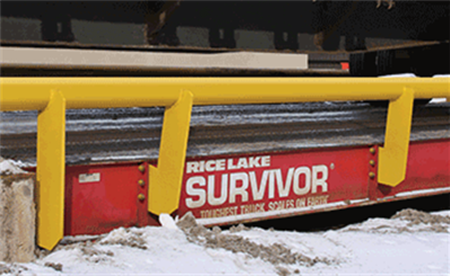Recycling: A Sustainable Pathway to a Thriving Society
In a world where environmental consciousness is becoming increasingly critical, recycling stands out as one of the most effective tools in our arsenal to combat the escalating challenges of waste management and resource depletion. Recycling not only helps conserve natural resources but also has far-reaching benefits for our society, economy, and the environment. This article… Read More »
